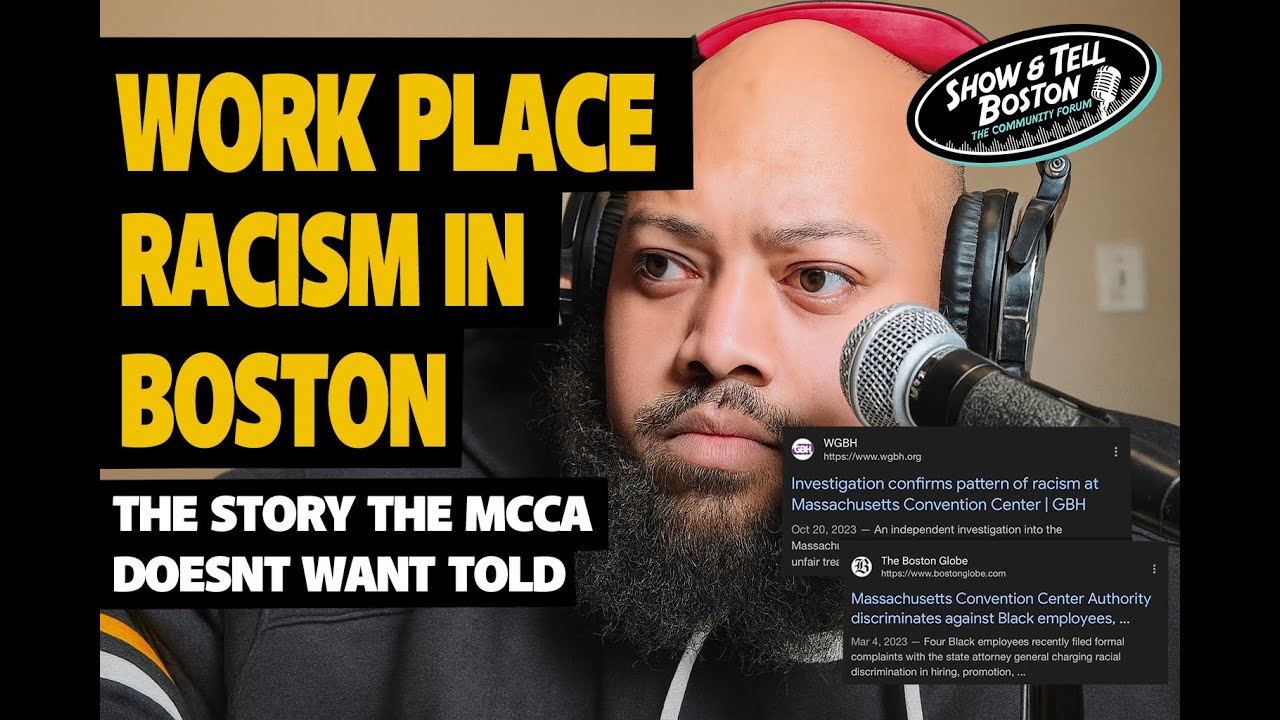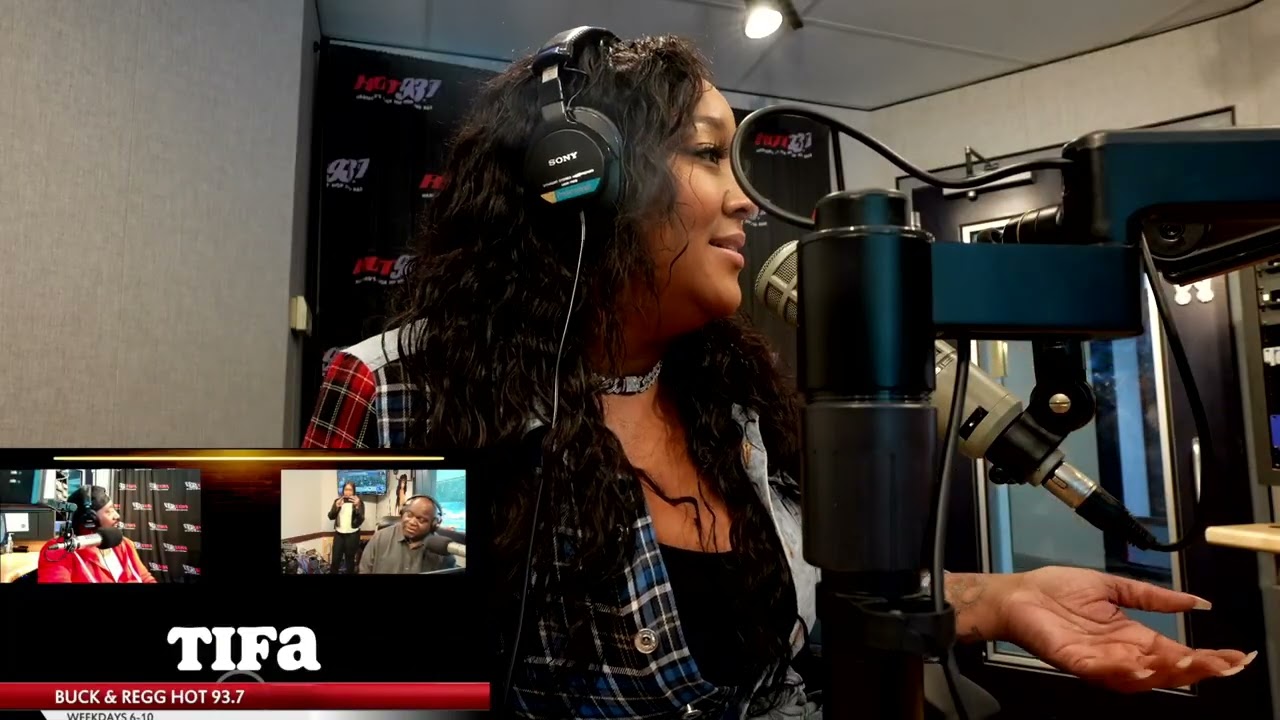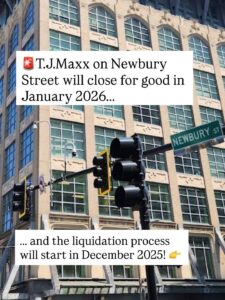In this episode of Show and Tell Boston, a moderator for the grassroots community forum, usually focused on art, culture, and community, explained how a story that came through a friend quickly expanded into a much bigger conversation about workplace discrimination at one of the city’s largest public authorities.
The Massachusetts Convention Center Authority (MCCA), which oversees venues including the Boston Convention & Exhibition Center, is facing multiple claims of racial discrimination and workplace retaliation. Civil rights attorney Matthew Fogelman of Fogelman Law is representing three Black employees, one man and two women, in cases now pending in court and at the Massachusetts Commission Against Discrimination (MCAD).
According to the complaints, Black employees at the MCCA reported:
- Discrimination and retaliation after raising concerns
- Departments with majority employees of color suffering chronic understaffing and overwork
- White employees receiving preferential treatment in training, advancement, and discipline
- Pay inequities, with no people of color in executive positions and the highest-paid Black employee ranking 29th overall
- Complaints dismissed by management while some staff were shielded from accountability
One plaintiff, Marlee, who worked as an event coordinator from 2020 to 2025, described being denied advancement, given inconsistent training, and facing constant criticism. After voicing her concerns, she says she was socially isolated, overloaded with work, and subjected to excessive write-ups, conditions that ultimately pushed her to seek therapy for depression and anxiety.
Fogelman emphasized that workplace discrimination cases are difficult to prove in court. Claims must be tied to protected classes such as race or gender, with extensive documentation. He also pointed out a gap in Massachusetts law: the state enforces equal pay protections for gender, but not for race.
The plaintiffs’ experiences echo findings in the Prince Bell report, an independent investigation commissioned by the MCCA, which reportedly documented systemic inequities and validated many of the concerns raised by employees of color.
While the MCCA recently appointed a Black leader to its board, seen by some as a positive step, the pending cases underscore the challenge of addressing covert racism and systemic inequities within large public institutions.
Fogelman noted that the MCCA’s issues are part of broader workplace patterns across industries. He stressed the need to continue diversity, equity, and inclusion efforts, even as political momentum behind such initiatives has slowed nationwide.
The outcomes of these cases could have wide-reaching implications, not only for the employees involved but also for how Massachusetts public authorities and major employers handle discrimination claims moving forward.












